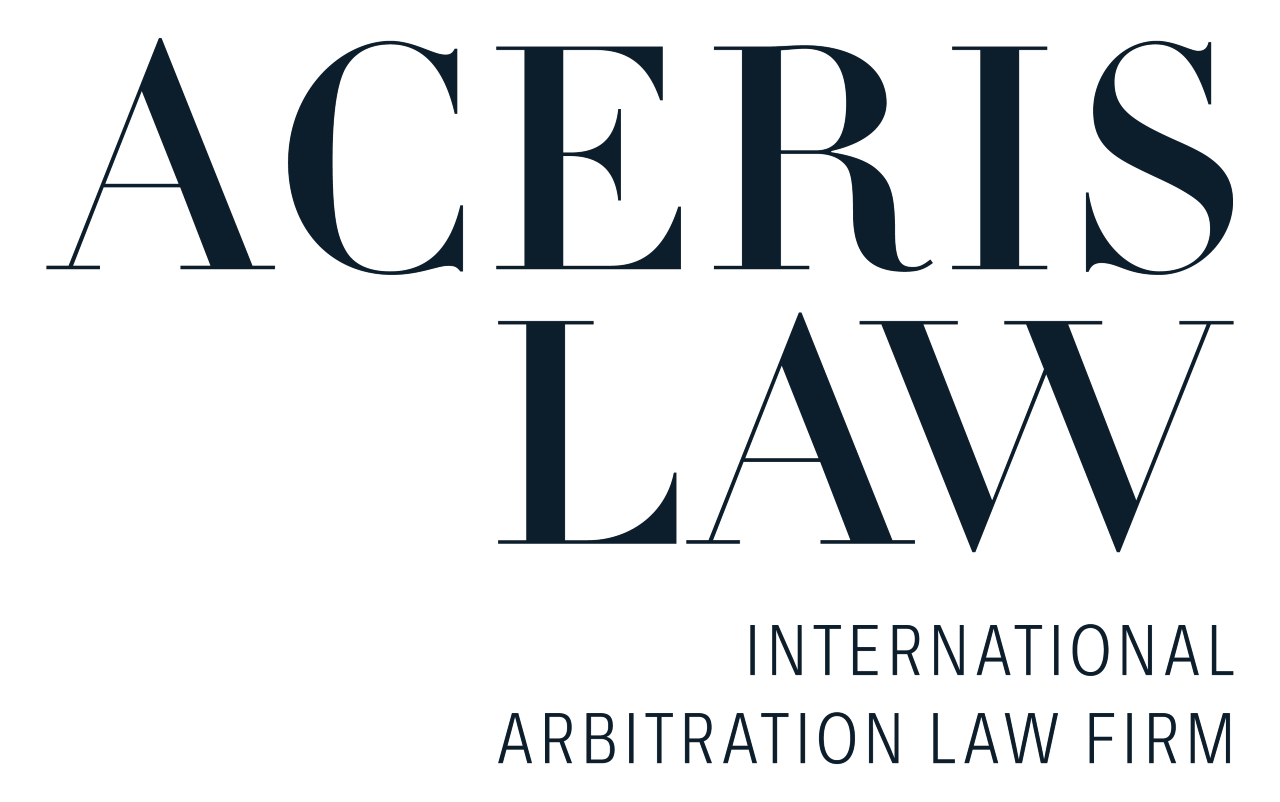Aceris Law is pleased to report the successful resolution of another ICC arbitration for a well-deserving client.
The dispute arose under a subcontract executed in late 2020 for piping works on a large-scale energy infrastructure project in Oman. The seat of the arbitration was in London, United Kingdom, and the applicable law was English law. The project suffered from extensive delays due to the main contractor’s failure to provide consistent work access, essential materials, and logistical coordination. These deficiencies significantly disrupted the client’s operations and increased its project costs.
Despite more than a dozen settlement meetings over nearly two years, the parties were unable to reach an amicable resolution of their dispute. In such situations, initiating arbitration is sometimes essential to break the deadlock. Arbitration introduces formal consequences and compels the respondent to engage seriously with the claims, particularly when they face the prospect of an enforceable award, mounting legal costs, and reputational risks.
The Claimant’s claims were similar to those often arising in construction arbitrations, for which Aceris Law is well known. First, the Claimant sought payment for unpaid invoices. Despite completing its contractual scope of work and submitting proper documentation, the respondent failed to pay outstanding amounts well past the contractual deadlines. Second, the Claimant also requested the release of contractual retention amounts that were withheld by the respondent. These sums were due upon completion of the works and the passage of a defined defects liability period. Third, the Claimant had also suffered substantial delays due to the respondent’s repeated failure to provide sufficient work access, materials, and logistical coordination. It claimed compensation for the resulting idle resources, increased overheads, and extended project duration. Fourth, the Claimant also argued that the unilaterally imposed reduction by the respondent of both the scope of work and the contract value was done without justification and under economic duress. Accordingly, the Claimant requested damages for the losses caused by this breach.

Before a final award could be rendered, the parties successfully reached an amicable settlement. A formal agreement was executed, leading to the suspension of the arbitration, which was only withdrawn after full compliance with the settlement’s terms.
“Arbitration is often essential to break deadlocks in the construction industry,” explained William Kirtley of Aceris Law. “Of course, arbitration carries risks – particularly the possibility of adverse cost awards if claims are not well-founded. We also generally advise against pursuing ICC arbitration for low-value disputes, given the time and costs involved, even though Aceris Law’s fees remain highly competitive and fully transparent. That said, in our experience, many disputes simply cannot be resolved through negotiation alone.”
This successful resolution once again highlights Aceris Law’s deep expertise in international construction arbitration. It reflects the firm’s commitment to achieving favourable outcomes for its clients through a combination of strategic negotiation, meticulous preparation, and vigorous advocacy.
Founded over a decade ago to address the shortcomings of large corporate law firms, Aceris Law was established by lawyers who had previously practised at some of the world’s leading firms. Instead of focusing on maximising billable hours, Aceris Law collaborates closely with clients to develop the most effective legal strategy. Its mission is clear: to win every case, provide forthright and honest advice, and deliver world-class advocacy without ever counting hours – ensuring that every client receives unwavering dedication and exceptional legal representation.